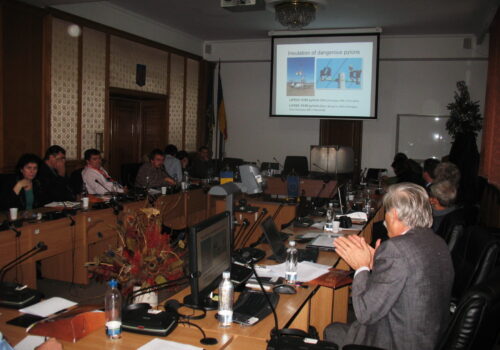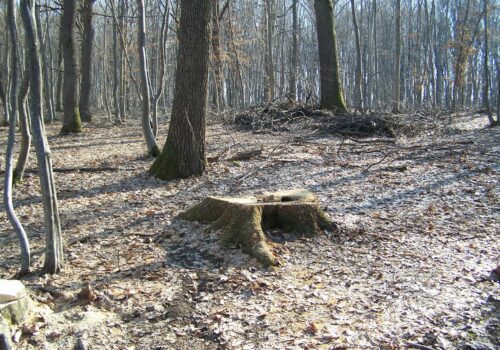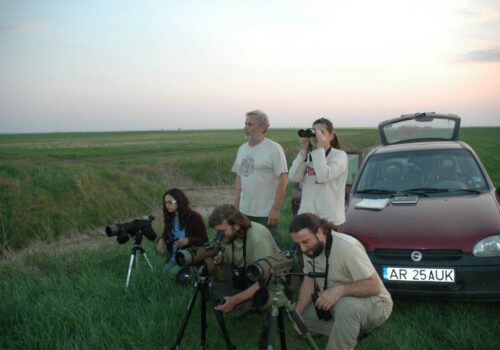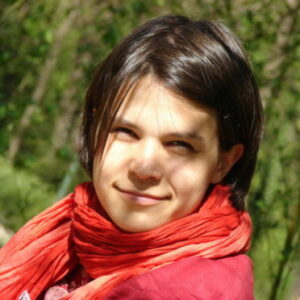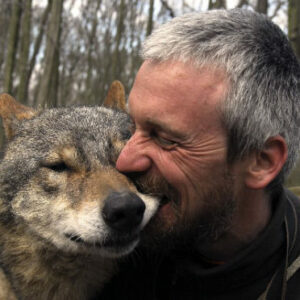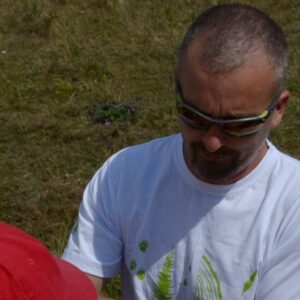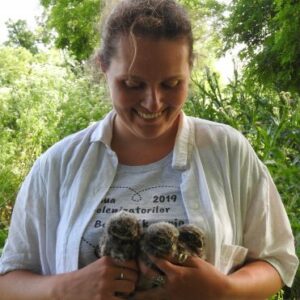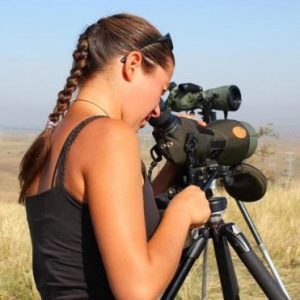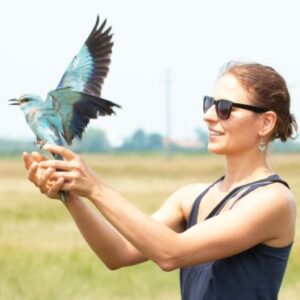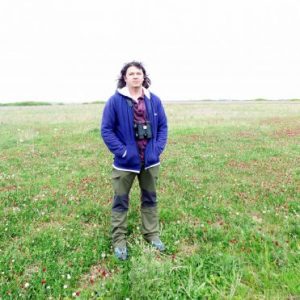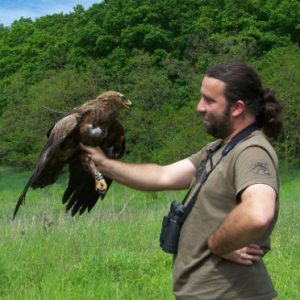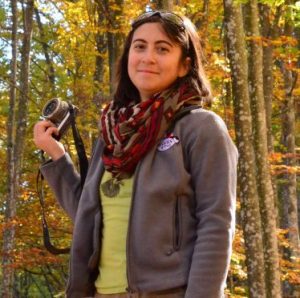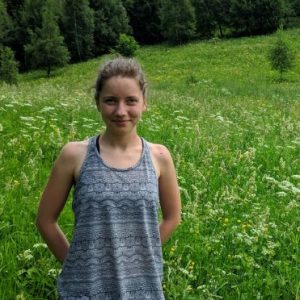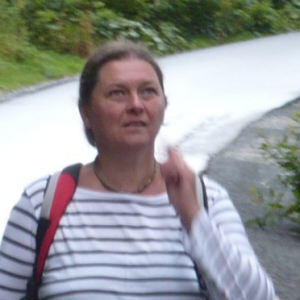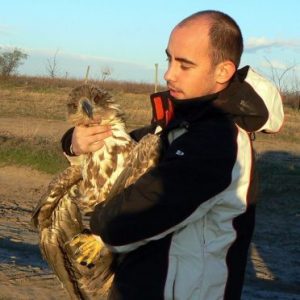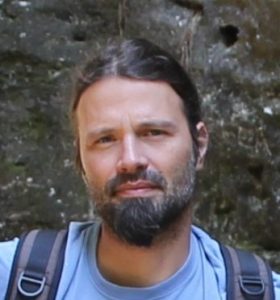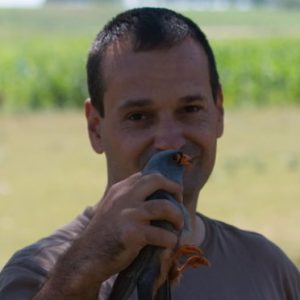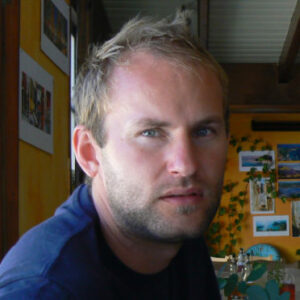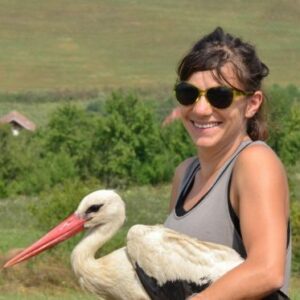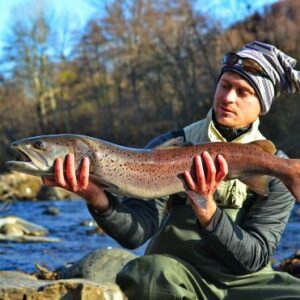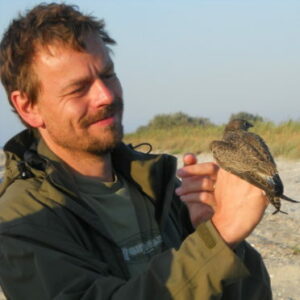After the promising results the Milvus Group’s employees got earlier in the spring seeking for Sakers in Dobrudja (Romania), they decided to continue the search. The purpose of the quest was to identify unknown Saker pairs and thus optimal quality habitats for this species. Several artificial nests are going to be mounted on high voltage powertowers in the very near future and the more nests installed in places where Sakers occur, the better chances to be occupied by falcons. The lack of appropriate nests is one of the most important issues to resolve in order to ensure a stabile Saker population in Romania.
[singlepic id=777 w=320 h=240 float=left]
A couple of days ago, in the 30th of June the specialists of the Milvus Group found the nest of a Saker family in Dobrudja. The nest was built on a powerline pylon probably by hooded crows.
[singlepic id=778 w=320 h=240 float=left]
It’s a well-known fact that falcons don’t make nests of their own, they most likely occupy the abandoned nests of other birds, especially those made by Corvids. The Saker family we’ve just found is made of two adults and three fledglings.
[singlepic id=779 w=320 h=240 float=left]
This breeding Saker pair is the first one we know about for the past 7 years from Dobrudja. Our last data of breeding Sakers in this region came from the Măcin Mountains, but unfortunately we’ve found no signs of breeding Saker falcons there for a while.
[singlepic id=780 w=320 h=240 float=left]
So far this year, we managed to find only one pair of Sakers to breed successfully in Western Romania. One of the two chicks fledged from this nest is a female named Thea, and she was marked by a satellite transmitter.
[singlepic id=781 w=320 h=240 float=left]
After these exciting results the employees of Milvus Group will continue searching for Sakers in Dobrudja, hoping for further pairs to find.
[singlepic id=782 w=320 h=240 float=left]

